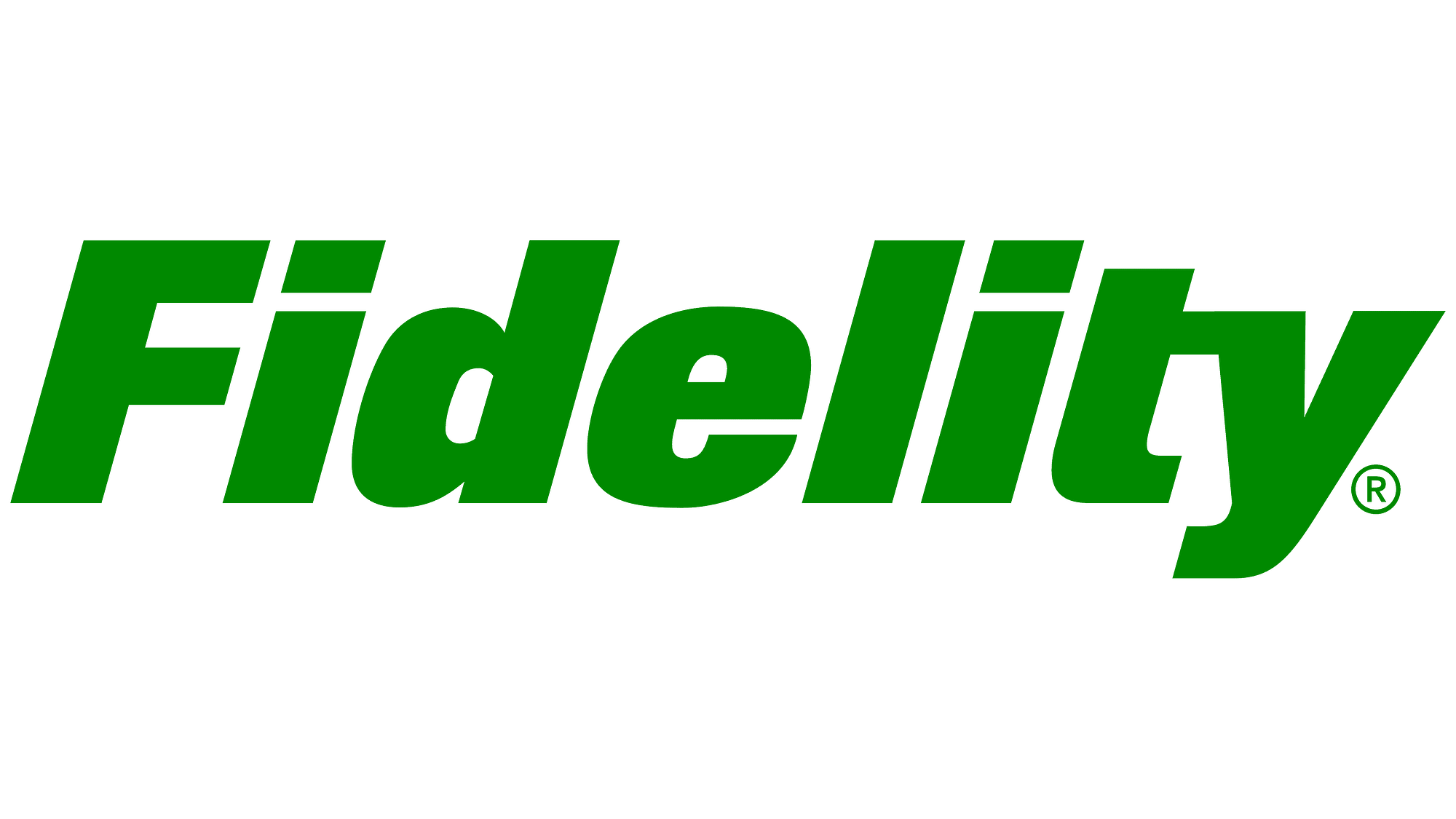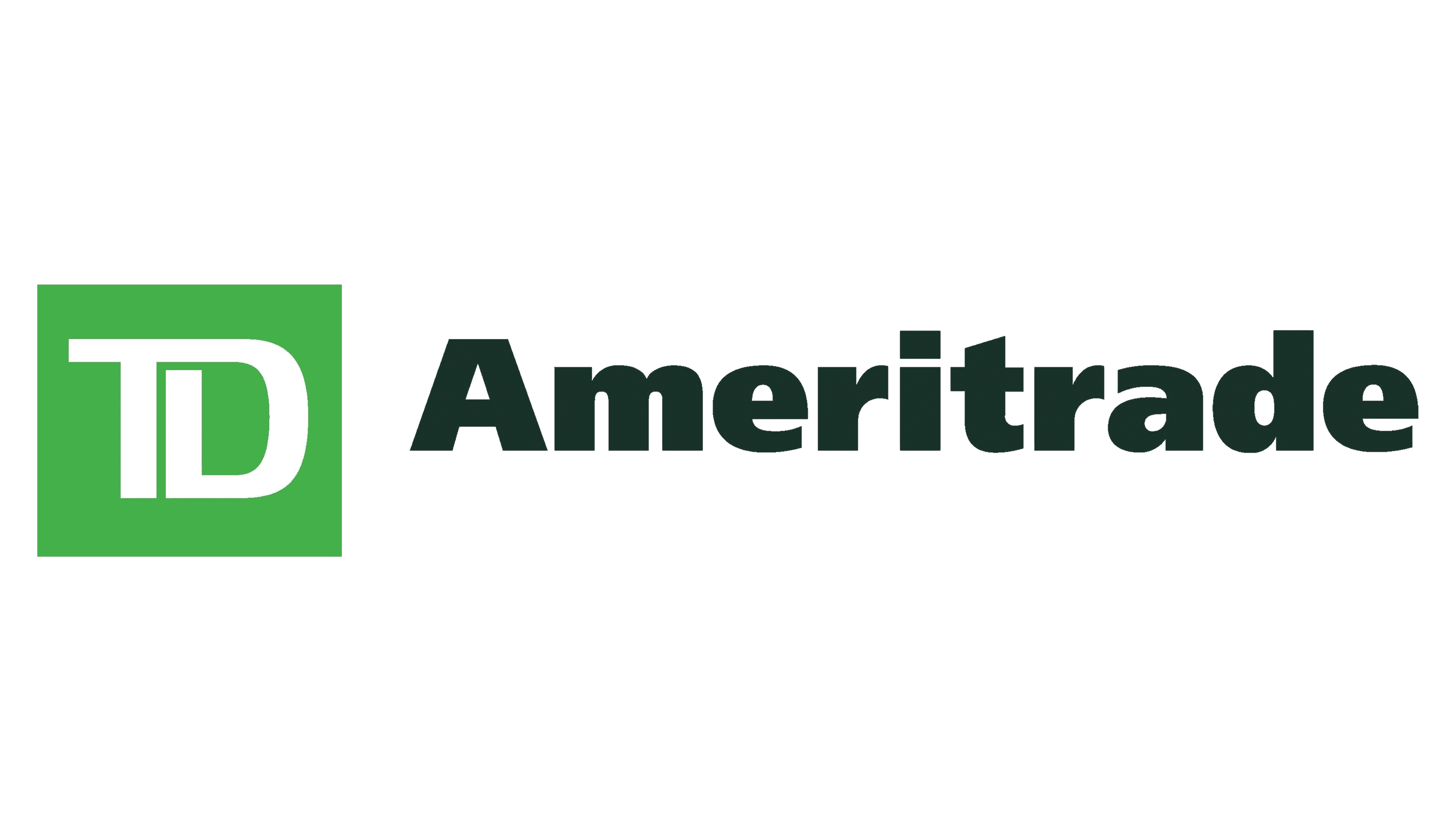
You’re tired of using Robinhood and ready to take your investing to new heights, aren’t you? Don’t worry, you’re hardly alone. While Robinhood deserves credit for popularizing commission-free trading, the reality is that many investors quickly realize they need more firepower as their goals and skills evolve.
That’s where this guide comes in. We’ll take a look at some of the top five Robinhood alternatives that are giving the free trading app a run for its money, including:
- Fidelity
- E*TRADE
- Charles Schwab
- TD Ameritrade
- Webull
This guide will break down the key strengths of each broker. We’ll also cover fees, product selections, platform capabilities, and the all-important question – is this the best new home for your hard-earned investing dollars?
Let’s get started!
Comparing Different Alternatives of Robinhood
| Feature |  |
 |
 |
 |
 |
|---|---|---|---|---|---|
| Commission-free Trading | Yes | Yes | Yes | Yes | Yes for stocks/ETFs, $0.65 per options contract |
| Investment Offerings | Stocks, ETFs, Options, Mutual Funds, Bonds, Futures, Forex | Stocks, ETFs, Options, Mutual Funds, Bonds, Futures, Forex, Crypto | Stocks, ETFs, Options, Mutual Funds, Bonds, Futures, Forex, Crypto | Stocks, ETFs, Options, Mutual Funds, Bonds, Futures, Forex, Crypto | Stocks, ETFs, Options, Crypto |
| Research & Education | Extensive | Robust | Robust | Extensive | Limited without premium subscription |
| Mobile App Quality | Well-designed | Award-winning | Highly-rated | Advanced charting and trading | Excellent for active trading |
| Account Types & Minimums | No minimums for most accounts | No minimums for brokerage accounts | No minimums for most accounts | No minimums for most accounts | No account minimums |
Top Robinhood Alternatives
Fidelity
Fidelity is a well-established and respected broker with over 70 years of experience in the investing world. They offer a wide range of investment products, top-notch research tools, and excellent customer service. Their platform is highly customizable, making it suitable for both beginners and advanced traders.
Investment Offerings:
- Stocks, ETFs, Options, Mutual Funds, Bonds
- Access to sophisticated products like Futures and Forex
- Over 10,000 mutual funds, including no-load and load-waived options
User Experience:
- Website may feel dated but is highly functional
- Trading platforms packed with features and customization
- Fidelity Mobile app well-designed for on-the-go investing
Pricing:
- $0 commissions for online stock, ETF, and options trades
- No account minimums or annual fees for most account types
- Fees for mutual fund transactions, broker-assisted trades, some IRAs
Pros and Cons
| Pros | Cons |
|---|---|
| Extensive investment selection (stocks, ETFs, options, mutual funds, bonds, futures, forex) | Website and trading platforms may feel dated |
| Over 10,000 no-load and load-waived mutual funds | Fees for mutual fund transactions, broker-assisted trades, some IRAs |
| Robust research and analysis tools | |
| Excellent customer service via phone, chat, and local branches | |
| Highly customizable trading platforms for all experience levels |
As you can see, Fidelity stands out with its comprehensive investment selection, robust research capabilities, and top-notch customer support – making it an excellent choice for investors seeking a more feature-rich alternative to Robinhood.
E*TRADE
E*TRADE is a well-established online brokerage firm that offers a comprehensive suite of investment products and services. Some of their features that are like includes advanced trading platforms, powerful research tools, and a user-friendly mobile app. E*TRADE is known for its robust education and retirement planning resources, catering to both active traders and long-term investors.
Investment Offerings:
- Stocks, ETFs, Options, Mutual Funds, Bonds
- Futures, Forex, Crypto trading available
- Over 4,300 no-load, no-transaction-fee mutual funds
User Experience:
- Power E*TRADE platform packed with tools for advanced traders
- Web platform provides a streamlined experience for casual investors
- Award-winning mobile app with advanced features
Fees:
- $0 commission for online stock, ETF, and options trades
- No account minimums for brokerage accounts
- Fees for broker-assisted trades, certain account types
Pros and Cons
| Pros | Cons |
|---|---|
| Powerful trading platforms for active traders (Power E*TRADE) | Limited branch locations compared to larger brokers |
| Robust research and educational resources | |
| 24/7 customer service support | |
| Wide range of investment products (stocks, ETFs, options, futures, forex, crypto) | |
| Over 4,300 no-load, no-transaction-fee mutual funds |
E*TRADE combines powerful trading platforms with extensive research and education, making it a compelling option for active traders and investors looking to expand beyond Robinhood’s basic offerings. Its wide range of investment products and account types also caters to diverse investing needs.
Charles Schwab
Charles Schwab is a leading full-service brokerage firm that offers a comprehensive range of investment products and services. Its key features include a user-friendly trading platform, extensive research tools, and a strong focus on investor education and support. Schwab is known for its commitment to providing exceptional customer service and offering a wide range of investment options.
Investment Offerings:
- Stocks, ETFs, Options, Mutual Funds, Bonds
- Access to Futures, Forex, and Crypto trading
- Over 4,000 no-load, no-transaction-fee mutual funds
User Experience:
- Streamlined and user-friendly web platform
- StreetSmart Edge® platform for active traders
- Highly-rated mobile app with advanced features
Pricing:
- $0 commission for online stock, ETF, and options trades
- No account minimums for most account types
- Fees for broker-assisted trades, certain account types
Pros and Cons
| Pros | Cons |
|---|---|
| User-friendly platforms for beginners and advanced traders (StreetSmart Edge®) | Research and education resources not as extensive as some competitors |
| Exceptional customer service and branch access | |
| Integration with robo-advisory service (Schwab Intelligent Portfolios) | |
| Over 4,000 no-load, no-transaction-fee mutual funds | |
| Access to futures, forex, and crypto trading |
The combination of user-friendly interfaces and advanced tools makes Charles Schwab a versatile choice for investors of all experience levels seeking a comprehensive Robinhood alternative.
TD Ameritrade
TD Ameritrade is a leading online brokerage firm that caters to both active traders and long-term investors. Its key features include powerful trading platforms, extensive research tools, and a robust educational offering. TD Ameritrade is known for its advanced trading capabilities, making it a popular choice among experienced traders and investors.
Investment Offerings:
- Stocks, ETFs, Options, Mutual Funds, Bonds
- Futures, Forex, Cryptocurrency trading
- Access to IPOs and complex options strategies
Account Types:
- Individual taxable accounts
- IRAs (Traditional, Roth, and Rollover)
- Joint accounts
- Trusts
- Custodial accounts.
User Experience:
- Thinkorswim® platform packed with advanced trading tools
- Web platform provides a straightforward experience
- Mobile app with advanced charting and trading capabilities
Pricing:
- $0 commission for online stock, ETF, and options trades
- No account minimums for most account types
- Fees for broker-assisted trades, certain account types
Pros and Cons
| Pros | Cons |
|---|---|
| Powerful thinkorswim® trading platform for active traders | Trading platforms may have a steeper learning curve |
| Superior research and educational offerings | |
| 24/7 customer support | |
| Access to IPOs and complex options strategies | |
| Wide range of account types and investment products |
TD Ameritrade shines with its advanced trading platforms, making it an excellent choice for active traders seeking a feature-rich Robinhood alternative.
Webull:
Webull stands out as a comprehensive trading platform that offers commission-free trading for stocks, ETFs, options, and cryptocurrencies. It boasts advanced charting tools and technical analysis capabilities, allowing traders to perform in-depth market analysis.
Additionally, Webull provides a virtual trading simulator, enabling users to practice their strategies risk-free before committing real funds. Real-time market data and streaming financial news ensure traders stay informed about market movements.
Investment Offerings:
- Stocks, ETFs, Options, Cryptocurrency trading
- Access to pre/after-hours trading
- Limited offerings for mutual funds and bonds
Account Types:
- Individual taxable accounts (brokerage accounts)
- Retirement accounts (Traditional, Roth, Rollover IRAs)
- Cash accounts
User Experience:
- Sleek and modern web platform with customizable layouts
- Mobile app designed for active trading and research on-the-go
- Excellent charting capabilities and intuitive order entry
Pricing:
- $0 commission for stock/ETF trades, $0.65 per options contract
- No account minimums or inactivity fees
- Limited access to research reports without a premium subscription
Pros and Cons
| Pros | Cons |
|---|---|
| User-friendly trading platforms for beginners and active traders | Limited offerings for mutual funds and bonds |
| Advanced charting tools and technical analysis features | Limited access to research reports without premium subscription |
| Community features for sharing insights and ideas | |
| Low costs ($0 stock/ETF trades, no account minimums) | |
| Mobile app designed for active trading and research on-the-go |
Webull’s robust charting tools, community features, and low-cost structure make it an appealing Robinhood alternative, especially for those focused on trading stocks, ETFs, options, and cryptocurrencies.
Choosing the Right Alternative for Your Needs
Choosing the right Robinhood alternative really boils down to your specific investing needs and goals. It’s not a one-size-fits-all decision. Like buying a car, you wouldn’t want a sports car if you’re just running errands around town, right? The same applies to your broker.
So, let me break it down for a few common investor profiles:



Those are just a few examples, but the bottom line is: take an honest look at your investing style and needs, and then match that to the broker’s strengths. Don’t just chase bells and whistles – find the right fit for you.
Additional Considerations
If you’ve been using Robinhood and want to transfer your account to one of these alternative brokers, there are a few key things to watch out for:
Transferring Accounts from Robinhood
💰 Transfer Fees: Some brokers will cover all fees for transferring assets over, while others may charge. For example, Fidelity and E*TRADE often offer promotions to cover transfer costs.
💸 Account Bonuses: Keep an eye out for cash bonuses or free trade offers when opening a new account. These can help offset any transfer costs.
✏️ Read the Fine Print: Don’t just skim the surface – thoroughly review the broker’s account transfer processes, fees, and any promotional requirements.
Integrating with Other Financial Accounts
Your investing account doesn’t exist in a vacuum. If you have other financial accounts like banking, retirement, or wealth management, you’ll want a broker that integrates seamlessly:
🏦 Banking Integration: Brokers like Fidelity and Schwab allow you to easily view and manage your bank accounts alongside your investments.
🧓 Retirement Accounts: See how well the broker supports and provides guidance for retirement accounts like IRAs and 401(k)s.
🤝 All-in-One Experience: Some brokers position themselves as a “one-stop-shop” for all your financial needs. Evaluate if that aligns with your preferences.
Importance of Due Diligence
💻 Research, Research, Research: Don’t just take my word for it. Read third-party reviews, check the broker’s background (including regulatory histories), and test out their platforms yourself.
🕵️ Financial Stability: Make sure the broker is on solid financial footing. A quick online search can reveal any potential red flags.
🏆 Reputation & Customer Service: Look into the broker’s customer service reputation and how they handle disputes or issues.
The right broker is about much more than just trading costs. Take your time, explore all angles, and choose a partner that aligns with your total financial picture and future goals. Trust me, a little extra due diligence now can save major headaches down the road!
Conclusion
In summary, while Robinhood pioneered commission-free trading, there are now many excellent alternatives that offer more robust features, investment options, and support – often at competitive prices.
I encourage you to thoroughly research and compare these brokers based on your specific needs and priorities. Don’t just take my word for it – read Trustpilot reviews, explore their platforms, and even open a practice account to test them out.
And remember, diversification and responsible investing are key. No matter which broker you choose, always do your due diligence, manage your risk appropriately, and don’t invest more than you’re willing to lose. Happy investing!
